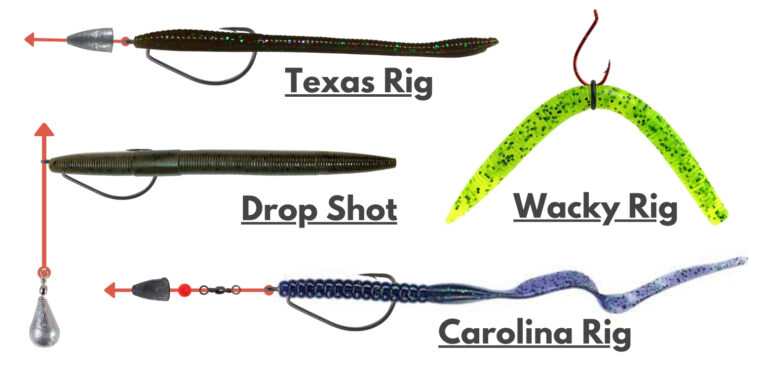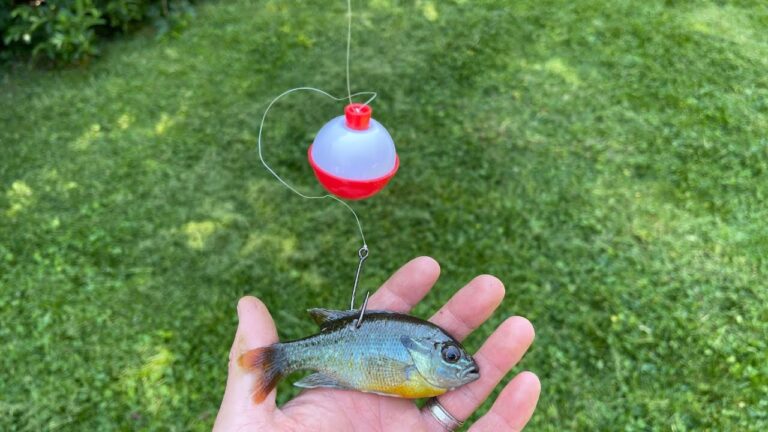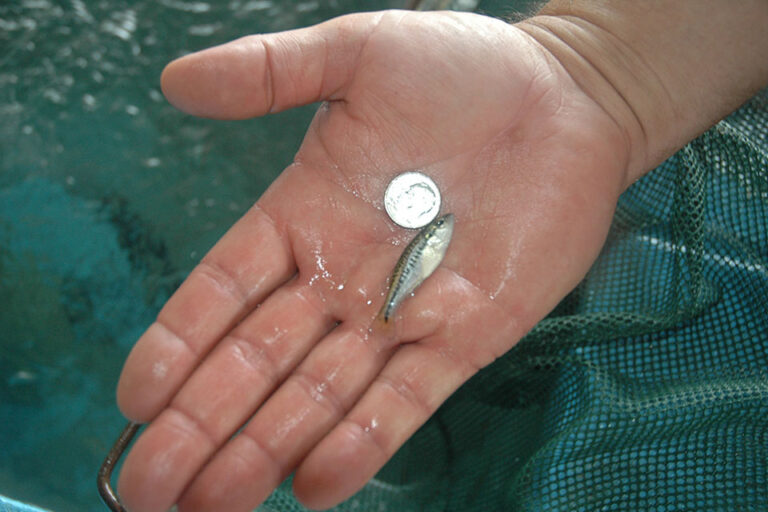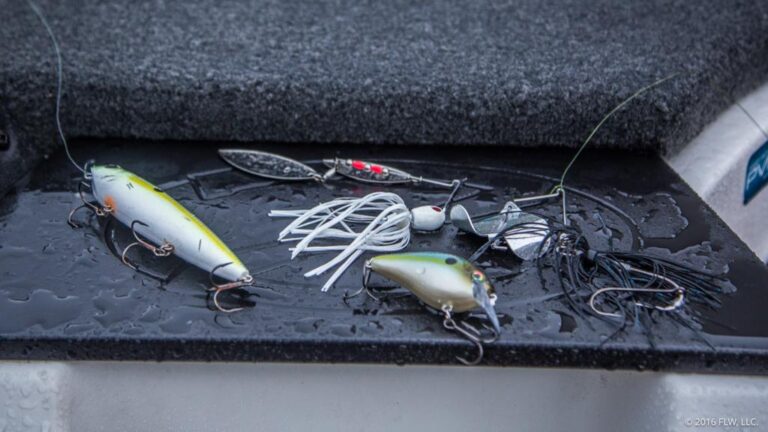How Long Does a Bass Fish Live

A bass fish typically lives for an average of 10 to 16 years. The lifespan can vary depending on species and environmental conditions.
Bass are a popular target for anglers due to their aggressive nature and the challenge they present. Found in various bodies of freshwater, these fish are known for their size and strength, which make them a favorite among sport fishermen.
With proper conservation efforts and catch-and-release practices, bass populations are maintained, ensuring these fish continue to thrive in their natural habitats. Responsible fishing practices combined with healthy aquatic ecosystems contribute to the longevity of bass fish. Understanding the lifespan of bass helps in managing fisheries and promotes sustainable angling activities for future generations.

Credit: www.outdoorcanada.ca
Lifespan Variations In Bass Species
The lifespan of bass fish can differ widely among species. A Largemouth Bass, for instance, may live up to 16 years. In contrast, the Smallmouth Bass generally has a shorter life of about 5 to 8 years. The Striped Bass stands out with a possible 30 years of life. These variances are due to distinct genetic blueprints inherent in each type.
Genetic traits play a big role in how long a bass lives. Some genes give bass strength to fight illness. Other genes help with living in different water conditions. The right mix of genes helps a bass live a long, healthy life.
Habitat’s Impact On Bass Survival
The quality of water where bass live is crucial for their lifespan. Clean, oxygen-rich environments support longer life for these fish. Polluted or low-oxygen waters can shorten a bass’s life. Factors like pH levels, temperature, and clarity must be optimal for the bass to thrive.
Predators and other fish competing for food also affect bass survival. A habitat with fewer predators and ample food allows bass to live longer and grow larger. Conversely, areas with many predators or high competition can lead to a shorter lifespan for bass fish.
Growth Stages And Life Expectancy
Bass fish undergo distinct growth stages. Their life expectancy varies with species. Fry transform into juveniles within a few months. Juveniles evolve into adult bass after one to two years. Maturity is reached between two to four years. The age of maturity strongly impacts their overall vitality.
Reproduction starts after bass reach maturity. Breeding can take a significant toll on their health. Adult bass can live for several years post-maturity. Proper habitat and diet extend their lifespan. Wild bass live an average of 10-16 years. Yet, some may survive up to 20 years, depending on environmental factors.
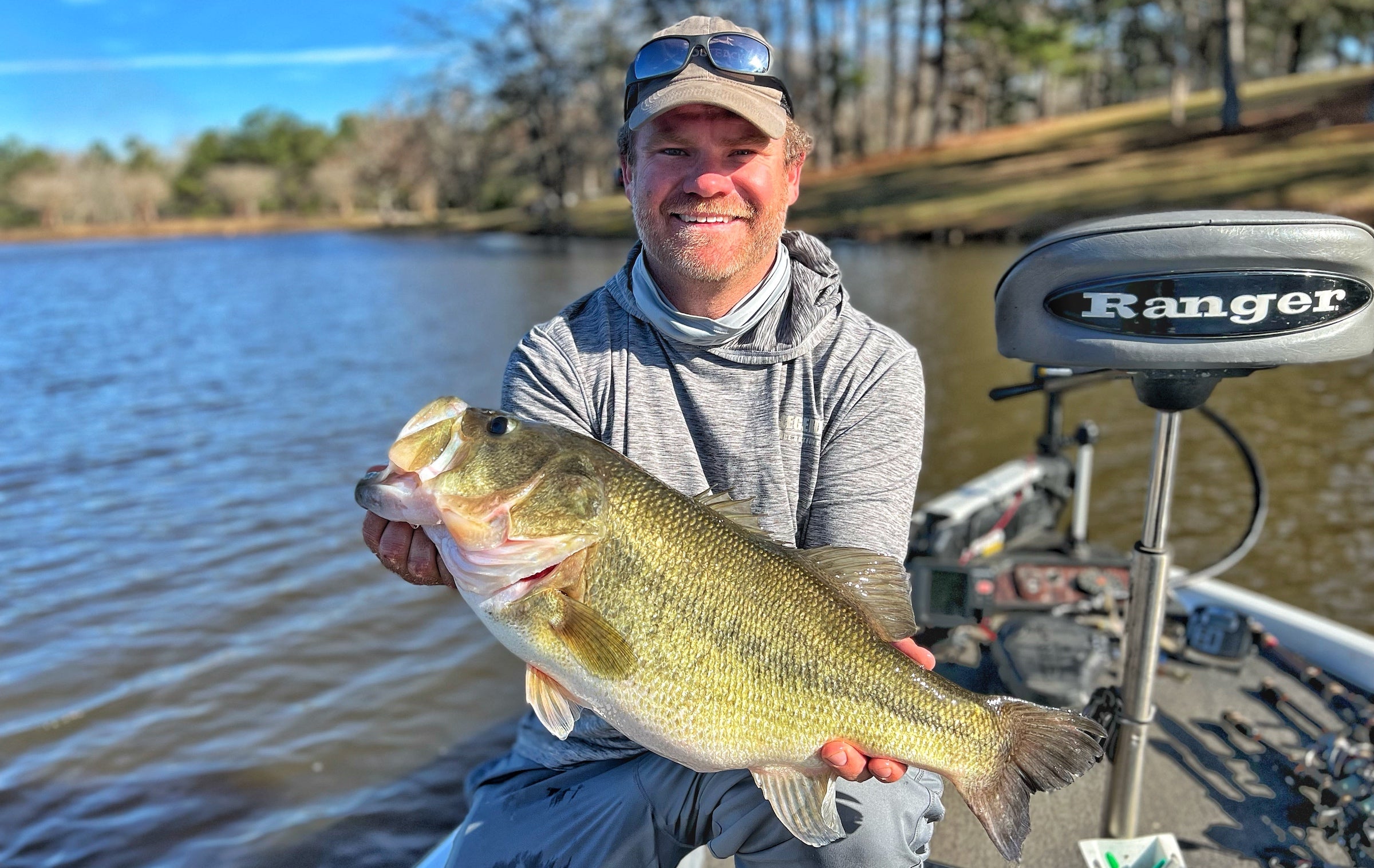
Credit: www.fieldandstream.com
Human Interaction And Bass Longevity
Bass fish lifespan can be significantly affected by human activities. Responsible fishing practices are crucial to ensure bass populations remain stable. This includes the use of catch and release methods and adhering to seasonal fishing regulations.
Conservation efforts play a key role in protecting these fish. These efforts might involve restocking programs and creating habitats for them to thrive. Legal protections, such as size limits and bag limits, are enforced to prevent overfishing. These measures help to maintain healthy bass populations, supporting the chances of a long life for these creatures.
Signs Of Aging And Health In Bass
Bass fish show specific signs as they age. Dark spots and a grayer scale color often appear. Their growth slows down, and they may act more sluggish in the water. These traits indicate a bass might be old.
Common diseases affecting bass include infections and parasites. Fungal infections cause a cotton-like growth. Bacterial infections result in ulcers or ragged fins. Parasitic infestations lead to erratic swimming. All of these can impact a bass fish’s health.
| Identifying Old Age | Common Diseases |
| Dark spots and grayer scales | Fungal infections |
| Slower growth | Bacterial infections |
| Sluggish behavior | Parasitic infestations |
Studying And Tracking Bass Age
Scientists use special tools to track bass fish ages. Tags and markers help record their growth. These tools show us how long bass live in the wild.
Some bass live up to 16 years. Yet, this varies by species. Placing trackers inside a fish helps researchers. They see life patterns and habits.
Long-term studies provide crucial insights into bass lifespan. Each study adds more details. So, we learn how to protect these fish better. Bass are important for ecosystems and fishing economies.
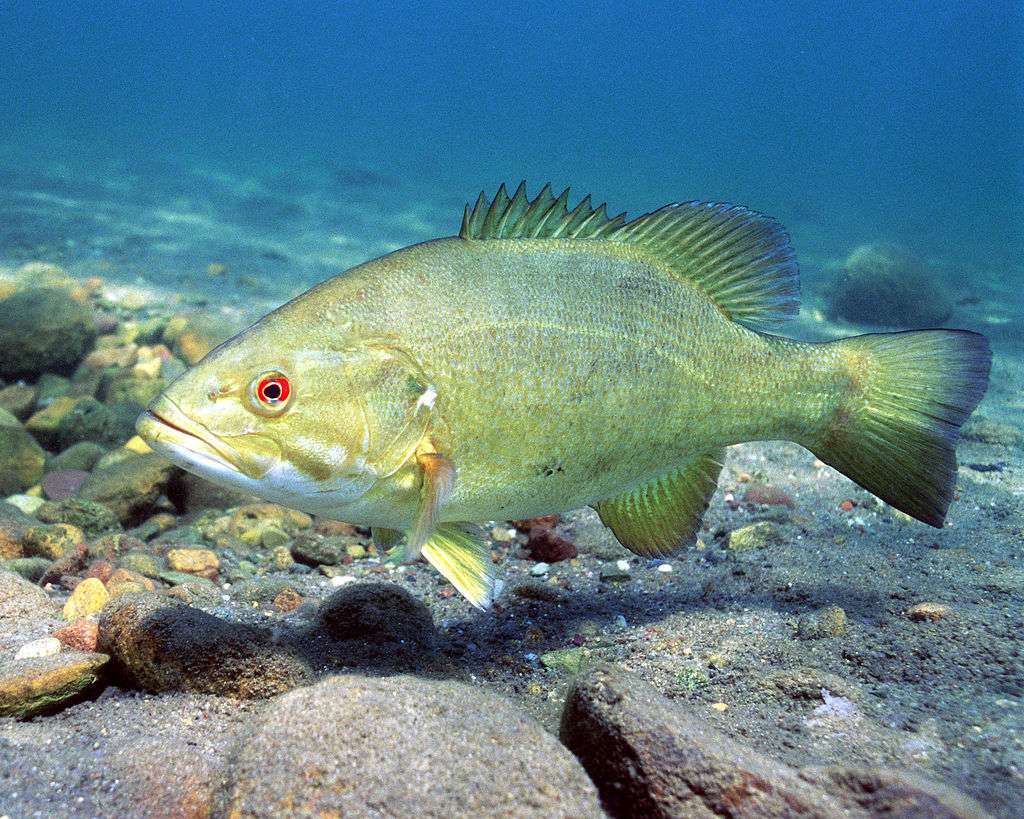
Credit: www.bassmaster.com
Frequently Asked Questions For How Long Does A Bass Fish Live
How Old Is A 10 Pound Bass?
A 10 pound bass is typically between 8 to 10 years old, depending on factors such as species, environment, and food availability.
How Long Do Bass Live In A Pond?
Bass typically live for 5 to 10 years in a pond environment. Factors such as food supply and pond health can affect their lifespan.
What’s The Lifespan On A Largemouth Bass?
The average lifespan of a largemouth bass is about 10 to 16 years. Environmental factors and fishing pressures can influence their longevity.
Do Bass Live After Being Caught?
Yes, bass can survive after being caught if handled carefully and returned promptly to the water. Proper catch-and-release techniques help ensure their survival.
Conclusion
Wrapping up, the lifespan of bass fish varies greatly, influenced by factors such as environment and species. Typically, they enjoy a life ranging from 5 to 16 years. To increase their longevity, proper habit management and conservation efforts are crucial.
For anglers and enthusiasts alike, respecting these aquatic creatures ensures they thrive for years to come.
